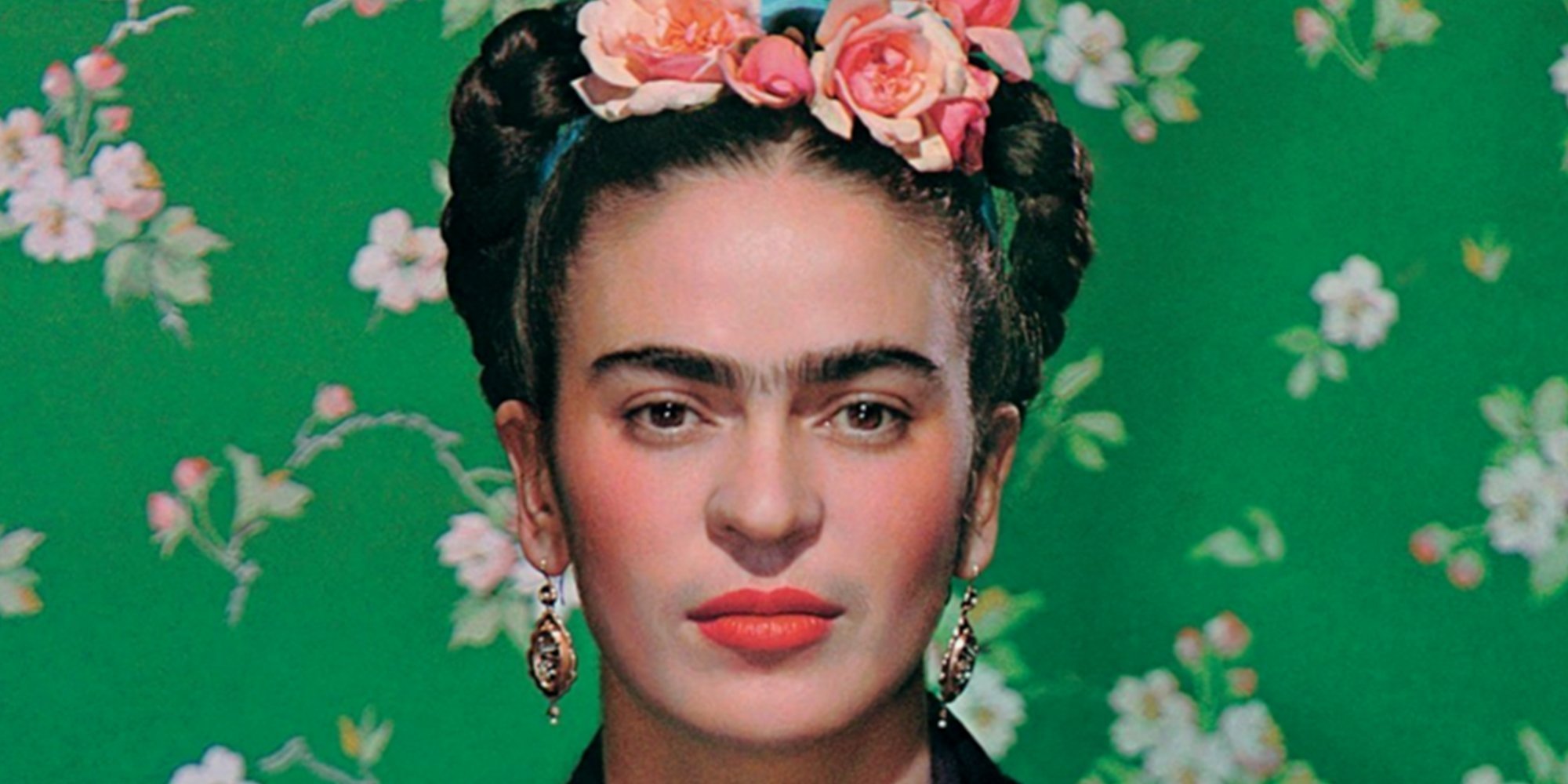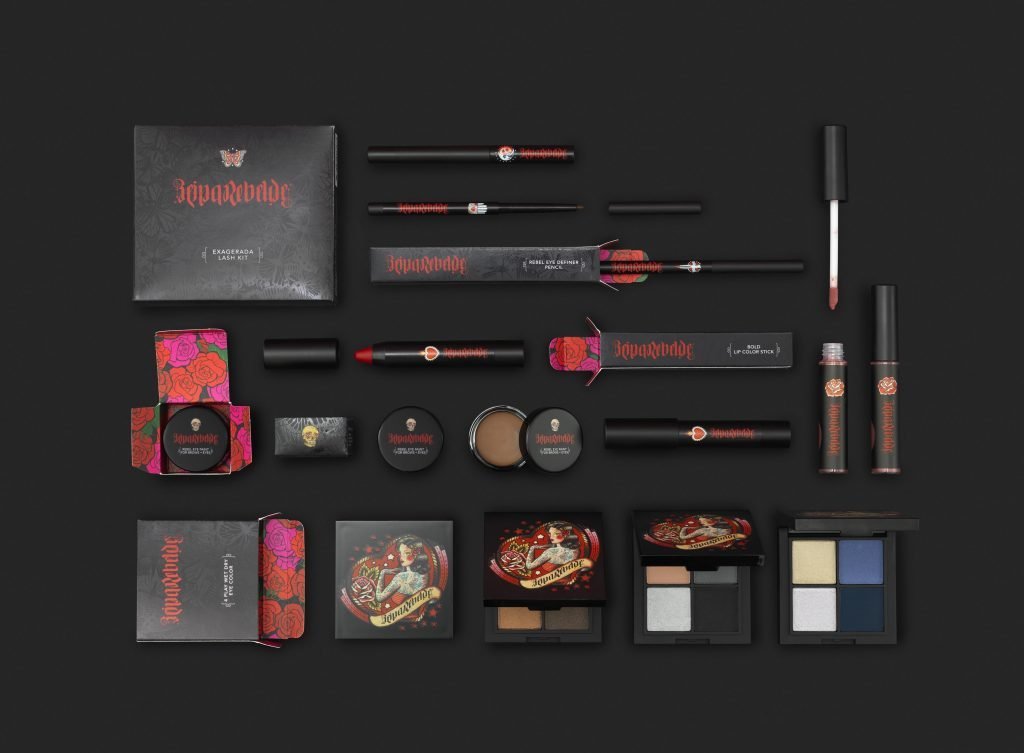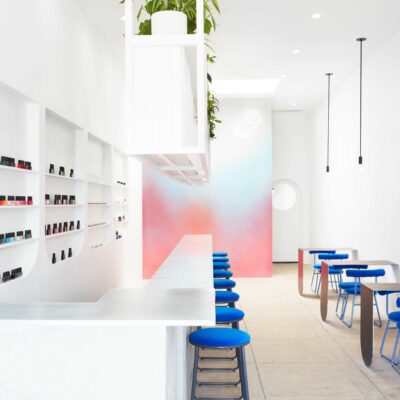
Reina Rebelde Founder Regina Merson Takes Issue With Ulta Beauty’s Frida Kahlo Collection—And Suggests What Should Have Been Done
When Ulta Beauty unveiled its Frida Kahlo collection via social media on July 5, the public condemnation of its use of imagery associated with the renowned Mexican artist on makeup was almost instantaneous.
The retailer faced criticism on several fronts, from the idea that Kahlo’s anti-capitalism doesn’t square with a commercial endeavor to complaints about her skin appearing whitened and unibrow eliminated on the collection’s packaging. “She would not have approved of this collection, it’s disrespectful to her image and her legacy,” asserted an Instagram commenter with the handle deedo_mcnugget. Another under the handle nat._.avaloss wrote, “I love you Ulta, but this just seems like a cash grab. Anyone who’s a fan of Frida knows she doesn’t confine to society’s vision of ‘beauty’ and hated big corporations.”
In the days following the announcement, Mexican-American entrepreneur Regina Merson, founder of beauty brand Reina Rebelde, talked to the Latinas in her life about Ulta’s Kahlo products and gauged her own opinion about them. She discovered a strong negative emotional reaction to them principally due to a belief the retailer didn’t engage with the community inspired by and attached to the legendary figure in product development.
“One of the reasons I started Reina Rebelde was my personal frustration with being spoken to the way this collection speaks to us. They think, ‘If we take something we know you love and put it somewhere, you will buy it.’ You can’t just do that and think everyone is just going to be OK with it,” says Merson. “This feels incredibly out of context, and that’s really hard to swallow. There are a lot of things about it that could have been executed more respectfully.”

Merson stresses the significance of Kahlo, a feminist, bisexual and disabled woman, to Mexican culture and Latinas, that those seeking to make money off her shouldn’t ignore. “Anyone can’t just claim her. That doesn’t feel right,” she says, adding, “Whenever you’re confronted with any sort of struggle or obstacle as an immigrant woman, which we all are, that you have her to look up to and say, ‘Wow, in the early 1900s, she could do all that, I really have no excuse,’ is very powerful. There’s a lot to that, but it’s very multilayered.”
Merson contrast Ulta’s Kahlo effort with MAC’s 2016 collection honoring slain singer Selena Quintanilla that stemmed from an online petition started by fan Patty Rodriguez that amassed in excess of 40,000 signatures from people asking MAC for makeup in tribute to Quintanilla and involved the participation of her family in product creation. On Instagram, Ulta indicates its Kahlo range didn’t rise out of thin air, and the retailer collaborated with the Frida Kahlo Corporation, a Panama-based entity NPR details in a 2018 article bought the rights to Kahlo’s image from her niece, for over a year on it. The Corporation’s rights are disputed by the daughter of Kahlo’s niece.
“Together we selected assets from their official library that celebrate Frida’s beauty and spirit. The images of Frida are originals with no alteration to her likeness, including her signature unibrow. The collection further honors this iconic feature with the inclusion of our Brow Master palette as part of the product assortment,” stated Ulta “We are proud to launch this collection in partnership with her organization to expand her positive impact and inspiration to the Mexican community and the world.”
“This feels incredibly out of context, and that’s really hard to swallow. There are a lot of things about it that could have been executed more respectfully.”
Ulta isn’t the first company to encounter a backlash from the release of Kahlo merchandise. Toymaker Mattel was slammed for jettisoning the painter’s unibrow and facial hair, changing her eyes and thinning her hips in a Frida Kahlo Barbie. And Kahlo’s likeness extends far beyond Barbie and Ulta makeup to a wide array of items from tequila to nail polish. Merson, who immigrated to the United States from Mexico at age 10 and studied Kahlo in college, notes it’s hard to escape Kahlo in Mexico. “Frida is on every air freshener, every sandal, every mercado bag,” she says. “I grew up with her everywhere in my house.”
The debate over the wisdom of putting Kahlo’s face and art on commodities in light of her communist leanings is ongoing. Merson explains Kahlo’s relationship with capitalism was complex. While she critiqued it and the U.S., she took commissions from prominent Americans such as Clare Boothe Luce and Anson Goodyear to further her work. Kahlo was also a beauty product enthusiast. Her red lip was courtesy of Revlon.
To Merson, the nature of the companies affiliating with Kahlo—where they’re from and their size—matters. In Mexico, she emphasizes the connection to Kahlo runs deep. “She’s very much embedded in the national collective conscious, especially among women because she broke so many glass ceilings,” says Merson. Domestically, she continues, “When it is from a juggernaut, it takes on a different level of severity. Frida Kahlo from Ulta suggests that Ulta is coming out with it from a position of knowledge about this culture, but, when a source like that drops something apropos of nothing, it can seem really bizarre. It’s frustrating when people are trying to present something in a way that doesn’t feel genuine or authentic to us.”

Already available online and hitting stores on July 22, Ulta’s Kahlo collection arrives during a particularly challenging political period for Hispanics in the U.S. Commenters weighing in on Ulta’s Instagram announcement of its Kahlo collection highlighted the conditions of border facilities holding migrant children in the country, signaling the charged political environment is impacting the reception of the products. Discussing being a Latina, Merson says, “It’s not an easy identity to have in this country, and those of us that embrace it and fight for it no matter the costs professionally, politically or otherwise have done so at a tremendous personal cost. When you join late or when it’s convenient or it’s a good financial play, it feels really insulting.”
Merson isn’t arguing Kahlo shouldn’t be celebrated. Her brand took part in a 2017 event at the Dallas Museum of Art that broke the Guinness World Record for the largest gathering of people dressed as Kahlo. The event was timed with an exhibition of Mexican masterpieces from Kahlo, her husband Diego Rivera, David Siqueiros and other artists.
“What struck me was the passion that all these people had for Frida and her art. They weren’t just from Texas, and they weren’t just Latina, and I felt really proud about that,” says Merson, recalling the Dallas Museum of Art’s Frida Fest. “If that’s their entry point into Mexican culture, that’s a really good thing because it gives people the ability to have a window into more tolerance for Mexicans and Mexican culture. It’s an entry point into a larger conversation.”





Leave a Reply
You must be logged in to post a comment.